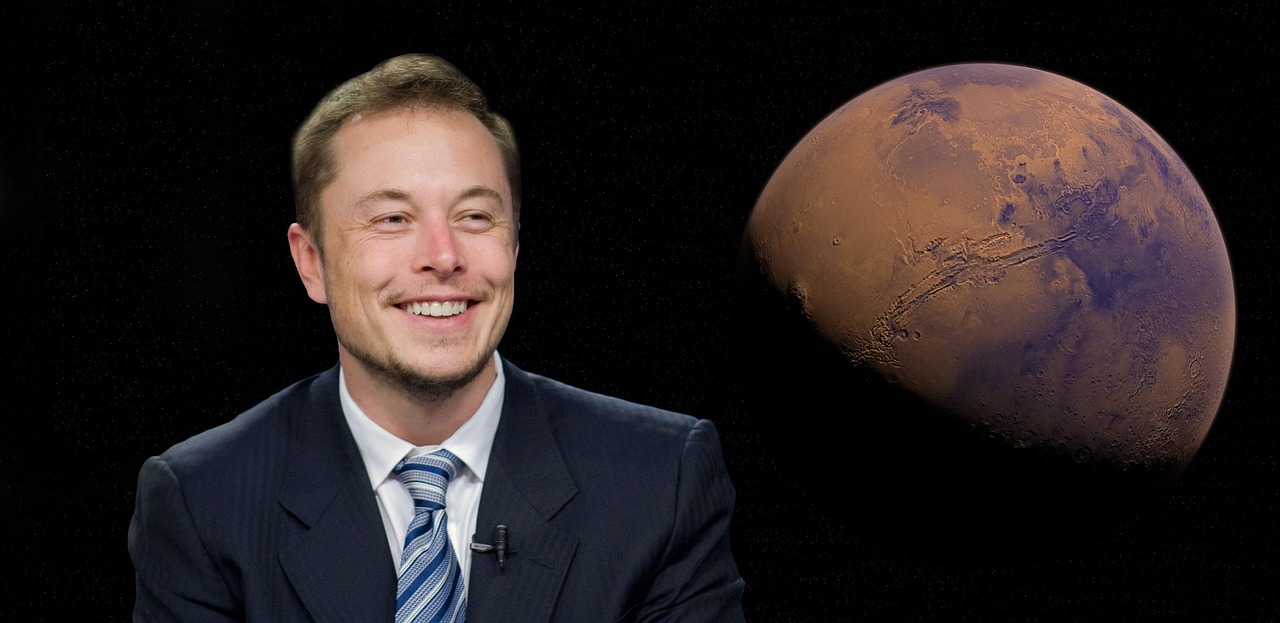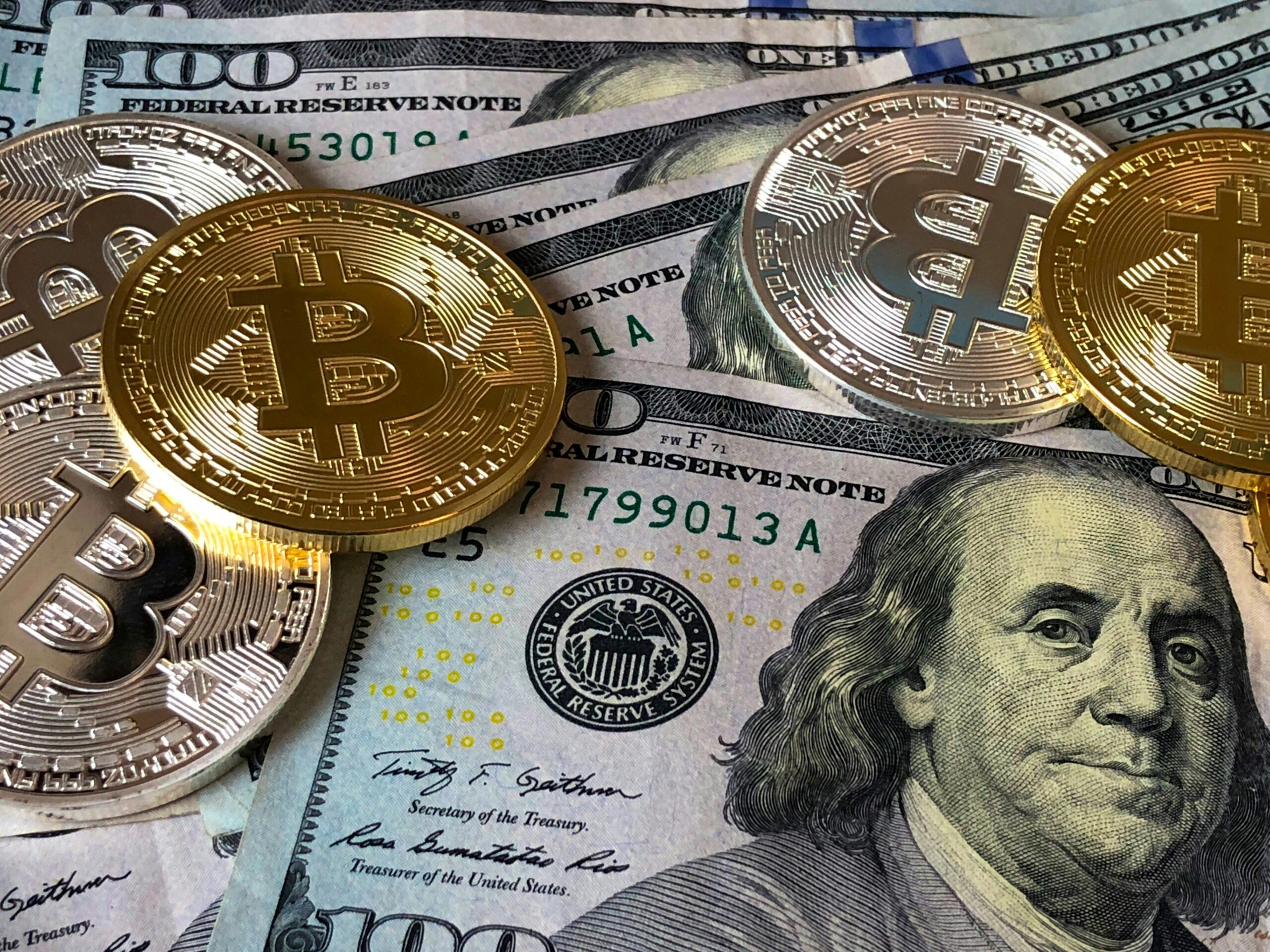Elon Musk’s public cancellation of his Netflix subscription in 2025 set off a global debate about free speech, media responsibility, LGBTQ representation, and online outrage culture. The incident exploded after Musk reacted to controversial remarks by Hamish Steele, the British creator of the animated Netflix series “Dead End: Paranormal Park,” who was accused of mocking the death of conservative activist Charlie Kirk and promoting trans content for children.
The Outbreak of Controversy
In early September 2025, the conservative activist Charlie Kirk was shot and killed at Utah Valley University—a tragedy that shook conservative circles in the United States. Musk, considering Kirk an ally, attended the public memorial service along with President Donald Trump and other figures.
Shortly after Kirk’s death, Hamish Steele posted a comment on the Bluesky social platform regarding Kirk and UK Prime Minister Keir Starmer’s tribute. According to viral screenshots, Steele referred to Kirk as a “nazi” and expressed skepticism over why politicians offered condolences. The remarks, laden with expletives, spread rapidly across social media platforms. Steele’s words were condemned as mocking Kirk’s murder and showing insensitivity to his family.
Musk’s Reaction and Call for Boycott
The online backlash intensified as supporters and critics of Musk weighed in. Several right-leaning commentators called for boycotts of Netflix, accusing the platform of promoting inappropriate content for children and employing a director who “celebrated the murder of Charlie Kirk.” One such user shared their subscription cancellation publicly, prompting Musk to reply “same,” confirming that he had done likewise. Musk took the issue further, posting on X, “Cancel Netflix for the health of your kids,” and later called Steele a “groomer.”
The timing of Musk’s posts amplified an emerging campaign to boycott Netflix, with his recommendation shared to hundreds of millions of followers. These public calls had immediate economic impact: Netflix’s shares reportedly fell by 2.2% after Musk joined the campaign.
Spotlight on “Dead End: Paranormal Park”
Created by Hamish Steele, “Dead End: Paranormal Park” was an animated series featuring a transgender protagonist and LGBTQ representation, airing on Netflix before its cancellation in 2023. While the show was lauded for diversity and inclusion by many, conservative and family groups took issue with its subject matter, describing it as inappropriate for children and accusing it of “pushing trans ideology.”
Viral social media posts by accounts such as Libs of TikTok linked the controversy over Kirk’s death to perceived problems with Netflix’s programming. Musk joined the chorus, resharing videos and clips he felt demonstrated Netflix’s “transgender woke agenda,” stating “This is not ok.”
Wider Cultural Reactions
The controversy drew voices from across the political and cultural spectrum. Supporters of Musk and the boycott said the incident highlighted a broader issue of political bias, cultural indoctrination, and disrespect in the media industry. Many cited Steele’s comments as “celebrating murder” and called for executives to sever ties with creators who violate social norms.
In response, Hamish Steele denied celebrating Kirk’s death, arguing his words were taken out of context and expressing concern over harassment he faced since the controversy began. He reported receiving a wave of “homophobic” and “antisemitic” messages. Steele maintained that progressive content and representation remained crucial, and rejected accusations that his work was intended to groom children or incite hate.
Meanwhile, LGBTQ and free speech advocacy groups expressed alarm over the attempts to stifle diverse stories, noting that Netflix had made significant progress in hiring non-white directors and featuring LGBTQ characters. They defended Steele’s work, framing the outrage as a targeted political attack rather than a legitimate safety or moral concern.
Impact on Netflix and Streaming Culture
This episode became a touchstone for ongoing debates about the role of streaming platforms in shaping cultural narratives. Netflix, often at the center of ideological disputes, faced renewed criticism for its hiring practices and programming choices. Conservative voices demanded stricter oversight, while others urged the platform to resist pressure from high-profile figures and uphold creative freedom.
Social media campaigns driven by Musk’s posts and conservative activists picked up steam, with hundreds of users announcing subscription cancellations over Steele’s comments and broader dissatisfaction with Netflix’s content. Some analysts noted that the financial impact was temporary and largely fueled by online outrage, yet the issue highlighted vulnerabilities for streaming companies in the era of viral outrage.
Musk’s Broader Role in Culture Wars
Elon Musk’s involvement in culture war issues has become increasingly prominent in recent years. As owner of X and CEO of Tesla, his comments and endorsements regularly trigger widespread debate and social media storm. In attacking Netflix, Musk reinforced his reputation as a critic of “woke” corporate culture and a champion for what he calls freedom of expression and parental rights.
His critics accuse Musk of promoting intolerance and amplifying harmful rhetoric, especially towards LGBTQ artists and creators. Yet his supporters view Musk’s stance as a necessary pushback against ideological overreach and media monopolies.
The Enduring Fallout
While Netflix has not issued an official statement about Musk’s cancellation or Steele’s comments as of October 2025, the Controversy continues to ripple through both the entertainment industry and political circles.
Steele’s career has been affected, with increased scrutiny and online harassment. The broader discourse around the inclusivity and creative direction of streaming content remains unresolved. Musk’s calls for boycotts have reenergized debates over the business models, programming diversity, and cultural power wielded by platforms like Netflix.
Ultimately, the episode underscores how easily social media outrage, magnified by influential individuals, can reshape the fortunes of global brands and pressure the boundaries of free speech, representation, and collective values in digital society



